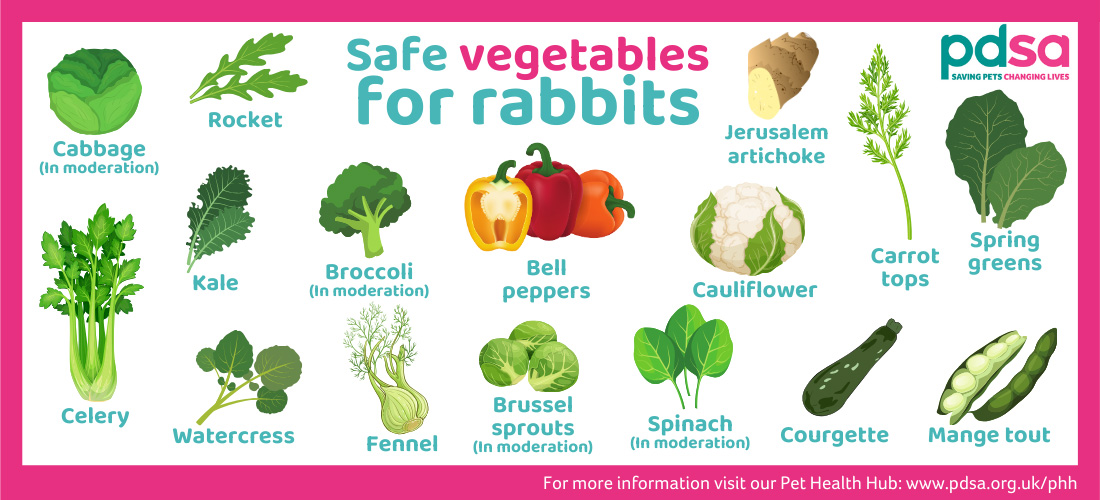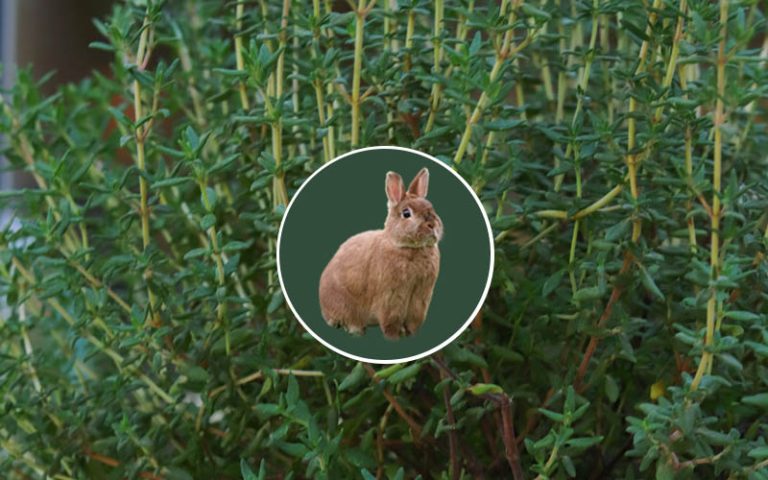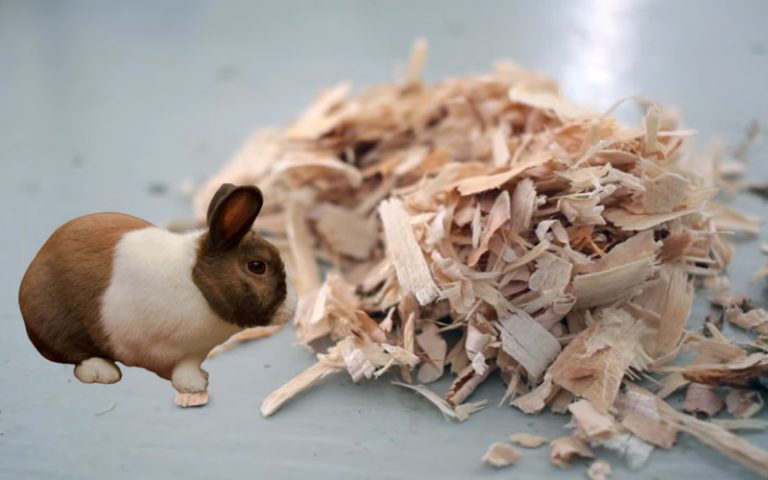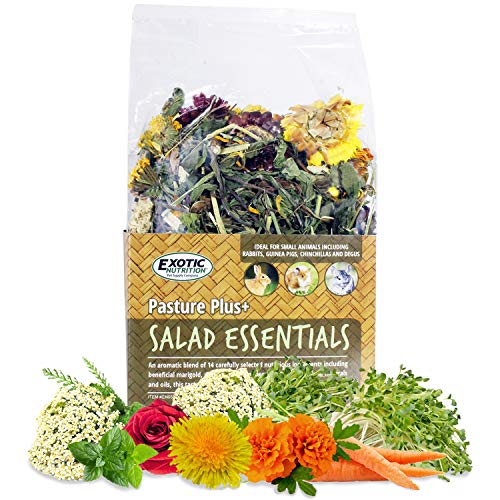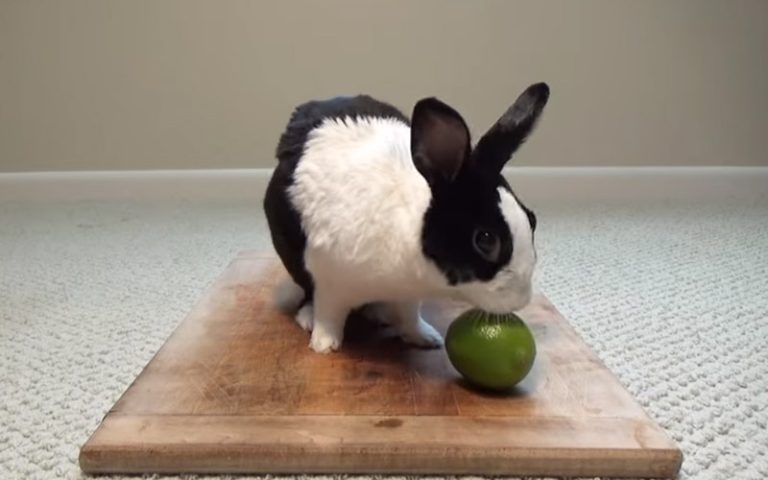What Veggies Can Rabbits Eat? [Best Vegetables for Rabbits]
Rabbits can safely eat a variety of vegetables, including leafy greens, carrots, and bell peppers. Avoid starchy veggies like potatoes and corn.
Rabbits thrive on a balanced diet rich in fresh vegetables. Providing the right veggies ensures their health and happiness. Leafy greens such as romaine lettuce, kale, and parsley are excellent choices. Crunchy carrots and sweet bell peppers also make great snacks.
It’s essential to introduce new vegetables gradually to prevent digestive issues. Always wash veggies thoroughly to remove pesticides and chemicals. Remember to avoid certain foods that can harm rabbits, such as iceberg lettuce, potatoes, and avocado. A well-rounded vegetable diet promotes good dental health and keeps rabbits active
Leafy Greens: A Rabbit’s Delight

Credit: www.breadboxfarm.com
Leafy greens are a vital part of a rabbit’s diet. They provide essential nutrients and hydration. Rabbits love munching on these crunchy, fresh vegetables. Offering a variety of leafy greens keeps them happy and healthy.
Safe Leafy Vegetables
Not all greens are safe for rabbits. Here is a list of safe leafy vegetables:
- Romaine lettuce
- Green leaf lettuce
- Red leaf lettuce
- Butterhead lettuce
- Swiss chard
- Collard greens
- Kale
- Mustard greens
- Parsley
- Spinach
Always wash greens thoroughly. Remove any pesticides or dirt. Introduce new vegetables slowly. Monitor your rabbit for any adverse reactions.
Quantities And Frequency
Proper quantities of leafy greens are crucial. Follow these guidelines:
| Leafy Green | Recommended Daily Amount |
|---|---|
| Romaine lettuce | 1 cup per 2 lbs of body weight |
| Kale | 1/2 cup per 2 lbs of body weight |
| Swiss chard | 1/2 cup per 2 lbs of body weight |
Offer leafy greens daily. Mix different types for variety. Avoid overfeeding to prevent digestive issues. Fresh hay should remain the main part of their diet.
Root Vegetables: A Cautionary Tale
Root vegetables can be appealing for rabbits. They offer various nutrients. But caution is key when introducing these foods. Some root vegetables can cause health issues if given too much.
Recommended Root Veggies
Some root vegetables are safe for rabbits. Here are a few options:
- Carrots: High in beta-carotene and great in moderation.
- Beets: Rich in nutrients but high in sugar.
- Turnips: A good source of fiber.
- Radishes: Crunchy and low in calories.
Always wash these vegetables thoroughly. Remove any greens before feeding. Limit the amount to avoid digestive problems.
Limitations And Risks
Root vegetables have a high sugar content. Too much sugar can lead to obesity. It can also cause gastrointestinal issues. Here are some risks to consider:
| Root Vegetable | Risk Level | Comments |
|---|---|---|
| Carrots | Moderate | Feed in small amounts. |
| Beets | High | Limit due to sugar. |
| Turnips | Low | Safe in moderation. |
| Radishes | Low | Good for variety. |
Always observe your rabbit after introducing new foods. Look for signs of discomfort or changes in behavior. Consult a vet for tailored advice.
Cruciferous Vegetables: Balancing Benefits And Gas
Cruciferous vegetables are a popular choice for feeding rabbits. They include broccoli, kale, and cabbage. These veggies are packed with nutrients. However, they can cause gas. Finding the right balance is key for your furry friend.
Ideal Choices for Rabbits
Choosing the right cruciferous vegetables can provide health benefits. Here are some great options:
- Broccoli – High in vitamins C and K.
- Kale – Rich in calcium and antioxidants.
- Rutabaga – Good source of fiber.
- Brussels Sprouts – Packed with nutrients, but introduced slowly.
- Cabbage – Offers vitamins but can cause gas.
Introduce these veggies gradually. Monitor your rabbit’s reaction. Each rabbit is unique. Some may tolerate certain vegetables better than others.
Understanding Gas Production
Gas can be a concern with cruciferous vegetables. Rabbits have sensitive digestive systems. Gas buildup can cause discomfort.
Here are key points to consider:
- Cruciferous vegetables contain fiber and complex sugars.
- These can ferment in the gut, leading to gas.
- Introduce new veggies slowly to avoid digestive issues.
Watch for signs of discomfort. If your rabbit seems bloated or lethargic, reduce these vegetables. Always ensure fresh water is available. Consult a vet for persistent issues.
| Vegetable | Benefits | Gas Potential |
|---|---|---|
| Broccoli | High in vitamins | Moderate |
| Kale | Rich in calcium | Low |
| Rutabaga | Good fiber source | Low |
| Brussels Sprouts | Nutrient-dense | High |
| Cabbage | Vitamins and minerals | High |
Non-vegetable Foods In A Rabbit’s Diet
Rabbits thrive on a balanced diet. This includes non-vegetable foods. These foods add variety and essential nutrients.
The Role of Fruits
Fruits are a tasty treat for rabbits. They offer vitamins and natural sugars. However, moderation is key. Too much fruit can upset their stomach.
Safe fruits for rabbits include:
-
- Apples (remove seeds)
- Bananas
- Blueberries
- Strawberries
- Pears (remove seeds)
Limit fruit to a small amount. One or two tablespoons per day is sufficient.
The Importance of Hay
Hay is crucial for a rabbit’s diet. It provides fiber and keeps their digestive system healthy. Different types of hay serve various needs.
| Type of Hay | Benefits |
|---|---|
| Timothy Hay | High in fiber, good for digestion |
| Orchard Grass Hay | Sweet taste, rich in nutrients |
| Bermudagrass Hay | Great for weight management |
Always provide fresh hay daily. This supports dental health and prevents obesity.
Foods To Avoid Completely
Feeding your rabbit the wrong foods can cause serious health issues. Some vegetables and plants are harmful. Understanding what to avoid is essential for your rabbit’s safety. Below are the categories of foods that should never be given to rabbits.
Dangerous Vegetables And Plants
Some vegetables and plants are toxic to rabbits. Here’s a list of dangerous ones:
| Vegetable/Plant | Effects |
|---|---|
| Potatoes | Can cause digestive problems and toxicity. |
| Tomato Leaves | Contain solanine, which is toxic. |
| Onions | Can damage red blood cells. |
| Garlic | Can cause gastrointestinal issues. |
| Rhubarb | Contains oxalic acid, which is harmful. |
Always check for the safety of vegetables before feeding them. Consult a vet if unsure.
Unsuitable Human Foods
Many human foods are not suitable for rabbits. These can lead to health problems. Here’s a list of unsuitable foods:
- Chocolate: Extremely toxic to rabbits.
- Caffeine: Can cause heart issues and anxiety.
- Processed Foods: High in salt and sugar.
- Dairy Products: Rabbits cannot digest lactose.
- Avocado: Contains persin, which is toxic.
Feeding these foods can harm your rabbit’s health. Always prioritize fresh, safe veggies.
Preparing Vegetables for Your Rabbit
Properly preparing vegetables is crucial for your rabbit’s health. Fresh veggies can provide essential nutrients. Always ensure they are clean and safe before serving.
Washing And Chopping
Washing and chopping veggies properly can prevent health issues. Follow these steps:
- Wash: Rinse all vegetables under cool water.
- Remove: Cut away any wilted leaves or damaged parts.
- Chop: Slice into small, bite-sized pieces.
Small pieces are easier for rabbits to eat. They also help prevent choking hazards.
Organic Vs. Non-organic
Choosing between organic and non-organic vegetables matters. Here are some key points:
| Type | Benefits |
|---|---|
| Organic | No pesticides or harmful chemicals. |
| Non-Organic | Usually cheaper and more accessible. |
Organic vegetables are safer for your rabbit. Non-organic veggies may contain harmful residues. Always wash non-organic vegetables thoroughly.
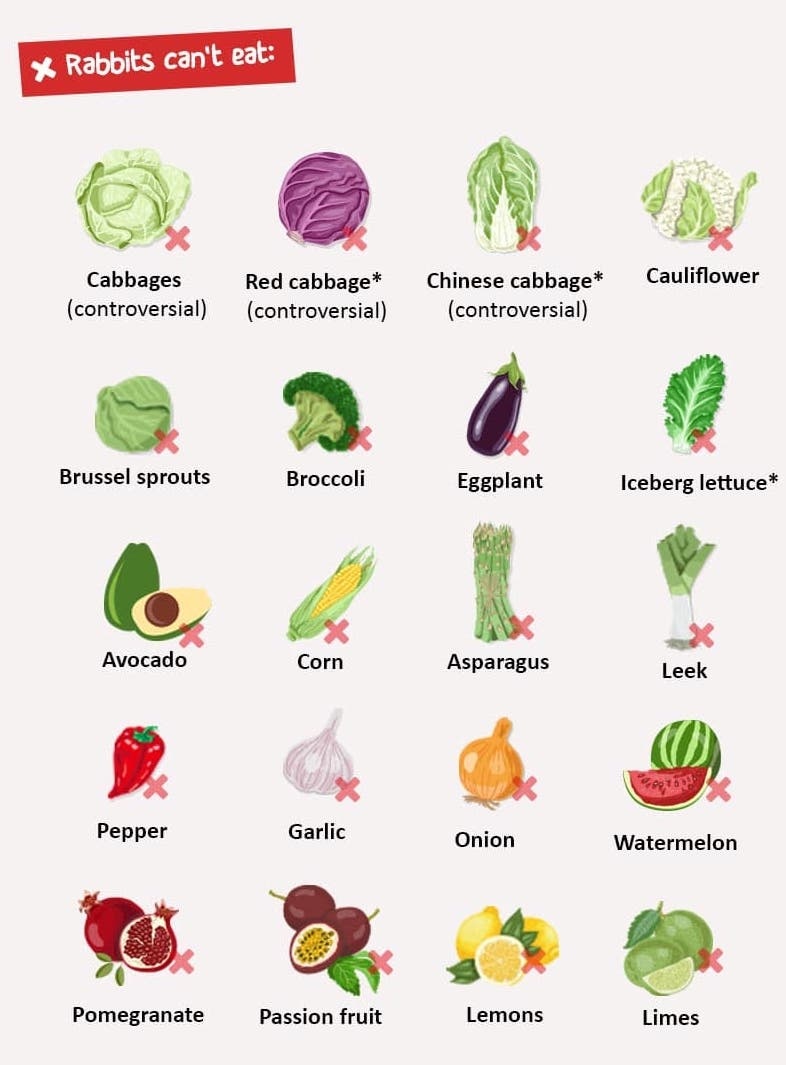
Credit: twitter.com
Monitoring Your Rabbit’s Health
Keeping an eye on your rabbit’s health is essential. A balanced diet helps maintain their well-being. Knowing what veggies are safe can prevent issues.
Signs of A Balanced Diet
A healthy rabbit shows several signs. Look for these indicators:
- Bright eyes: Clear, alert, and free from discharge.
- Shiny fur: Soft and smooth coat without bald patches.
- Active behavior: Playful and energetic movements.
- Normal stool: Small, firm pellets are a good sign.
- Healthy weight: Not too skinny or overweight.
Keep a daily check on these signs. This will help you catch any problems early.
When To Consult A Veterinarian
Sometimes, your rabbit may need extra care. Watch for these warning signs:
- Loss of appetite: Not eating for more than 24 hours.
- Changes in stool: Diarrhea or lack of droppings.
- Weight loss: Noticeable decrease in body weight.
- Excessive lethargy: Unusually tired or inactive.
- Abnormal behaviors: Hiding or aggression.
Consult a veterinarian if you notice these signs. Timely action can save your rabbit’s life.
Creating A Weekly Feeding Schedule
Creating a weekly feeding schedule helps ensure your rabbit eats a balanced diet. A consistent routine supports their health and happiness. Knowing what veggies are safe for your rabbit is key. This schedule can help you manage portion sizes and variety.
Sample Meal Plans
| Day | Morning Veggies | Evening Veggies |
|---|---|---|
| Monday | Carrots, Spinach | Bell Peppers, Broccoli |
| Tuesday | Romaine Lettuce, Kale | Cucumber, Zucchini |
| Wednesday | Celery, Parsley | Radishes, Green Beans |
| Thursday | Beet Greens, Dill | Squash, Brussels Sprouts |
| Friday | Carrots, Cabbage | Peas, Cauliflower |
| Saturday | Swiss Chard, Bok Choy | Turnip Greens, Fennel |
| Sunday | Mixed Greens | Mixed Veggies |
Adjusting Portions Based On Age And Size
Portion sizes depend on your rabbit’s age and size. Baby rabbits need smaller portions. Adult rabbits require more food. Here’s a quick guide:
- Baby Rabbits: 1/4 cup of veggies daily
- Young Rabbits: 1/2 cup of veggies daily
- Adult Rabbits: 1 cup of veggies daily
Monitor your rabbit’s weight. Adjust portions as needed. Always provide fresh hay and water.

Credit: www.pinterest.com
The Importance of Fresh Water
Fresh water is vital for rabbits. It supports their health and well-being. Without it, rabbits can face serious health issues. Proper hydration enhances their digestion and overall vitality.
Ensuring Constant Access
Rabbits need access to clean water at all times. Follow these tips:
- Use a heavy, non-tip bowl.
- Change the water daily.
- Check for cleanliness regularly.
- Consider a water bottle for convenience.
Rabbits can be picky about water sources. Some prefer bowls while others like bottles. Monitor their preferences to ensure they drink enough.
The Link Between Hydration And Digestion
Hydration plays a key role in a rabbit’s digestion. Proper water intake aids in breaking down food. Dehydration can lead to:
- Constipation
- Digestive blockages
- Weight loss
Rabbits that are well-hydrated have:
- Healthier fur
- Better energy levels
- Stronger immune systems
Ensure your rabbit drinks enough water daily. Monitor their intake, especially during hot weather. Always provide fresh, clean water for optimal health.
Frequently Asked Questions
What Vegetables Are Safe For Rabbits?
Rabbits can safely eat leafy greens like romaine lettuce, cilantro, and parsley. Avoid starchy or high-sugar veggies.
Can Rabbits Eat Carrots Daily?
Carrots should be an occasional treat. They are high in sugar, which isn’t ideal for a rabbit’s diet.
Is Spinach Good For Rabbits?
Spinach can be fed in moderation. Too much can lead to calcium buildup, so balance is key.
What Veggies Should Rabbits Avoid?
Avoid onions, garlic, and potatoes. These can be toxic and harmful to a rabbit’s health.
What veggies can rabbits not eat?
Rabbits should not eat certain vegetables because they can cause health problems. Avoid giving them potatoes, onions, garlic, and rhubarb. These can be toxic to their system. Also, iceberg lettuce isn’t safe as it contains lactucarium, which can lead to diarrhea. Beans and peas can upset their digestive system, so it’s best to leave those out too. Cabbage, broccoli, and cauliflower may cause gas and discomfort if fed in large amounts.
What vegetables can rabbits eat?
Rabbits can eat a variety of fresh vegetables to stay healthy. Good choices include leafy greens like spinach, romaine lettuce, and parsley. They also enjoy crunchy veggies like carrots, celery, and bell peppers. Small amounts of broccoli and cauliflower can be given as treats. Root vegetables like turnips and radishes are fine in moderation.
Always wash vegetables before feeding them and introduce new ones slowly to avoid upsetting their stomachs. A balanced diet of hay, fresh vegetables, and water keeps rabbits in good health.

